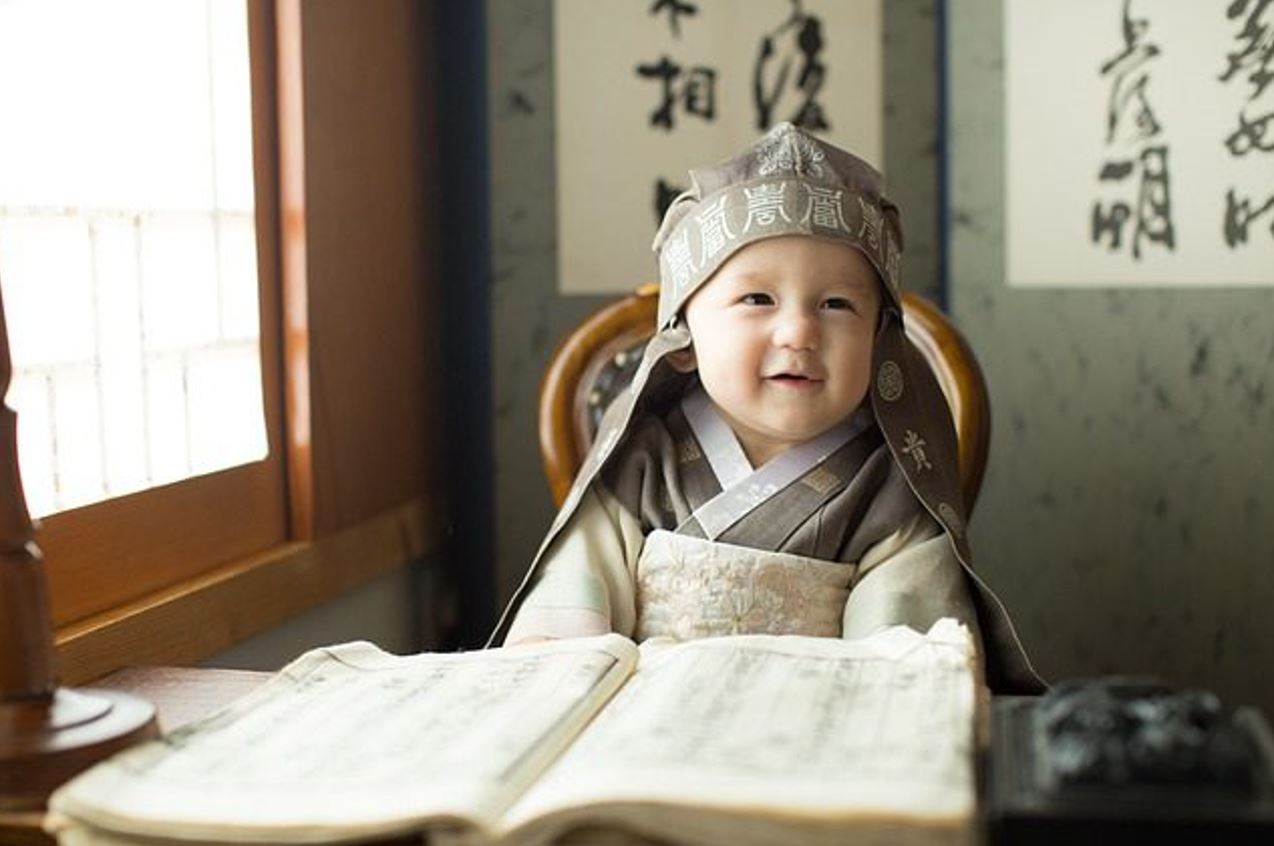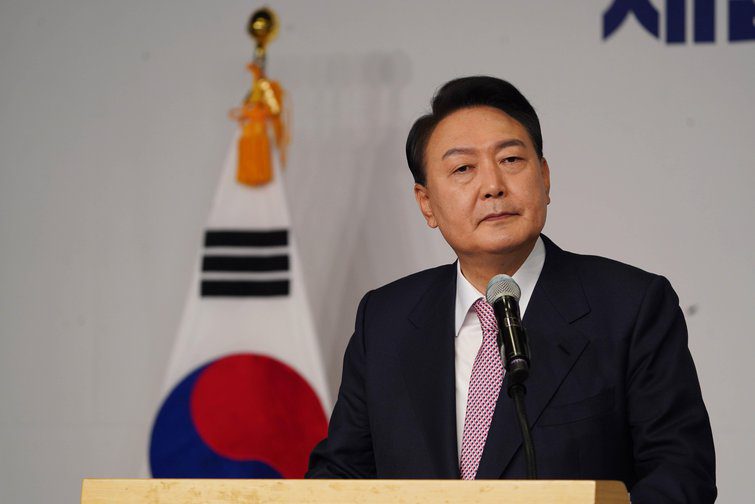Korea has age-old traditions. With that, I mean they literally have a unique system of counting the age of a person. The Korean age system is extremely distinctive in its nature since it’s deeply embedded in Korean culture. The age system in Korea refers to the age of a Korean in units called sal. This makes a Korean person’s age as one sal after being born, the first year of their life, and after ten years, it would be ten sal.
This unique system has only been in use in South Korea. It was abolished in North Korea during the 1980s. For every South Korean, New Year’s Day is more special than others because every person in South Korea gains one sal on the day of New Year. Now you are probably wondering what Korean Age actually is? Worry not. We have got you covered.
What Is Korean Age?
Korean Age is an age-old system through which Koreans actually calculate their age. Under this system, a baby is one year old at the time of their birth, which means that Koreans consider a year in the womb when counting the age. Each Korean turns a year older on New Year’s Day. This means that you will always be at least one or two years older in Korea than your actual age. And your Korean age gets a one-year addition on New Year’s Day regardless of your actual birth date.
Now, this does not mean that there are no birthdays in Korea. Absolutely not! Koreans still celebrate their birthdays on their actual birth date and count their actual age according to International Standards. However, their Korean Age remains unaffected as it changes on 1st January each year.

For example, if your birth date is 21st February, you would still celebrate your birthday on 21st February. Your actual age will change for you as per International Age System. But your Korean age will not get changed by your birthday. If you are born on 21st February 2000, you are already a year old, and every New Year, you turn a year older, which means you must be two years old on 1st January 2001 according to the Korean Age system. Now you must be asking yourself why the Korean Age System is so different. Let’s find out why?
Why Korea’s Age System Is Different?
Korean Age is very much unique in its nature due to its importance in Korean culture. The age of a person in Korea is as much significant as their name. Because in Korea, people’s age is important even for social interactions, not just for legal things.
If you are an avid watcher of Korean dramas, you must have noticed these things in Korean culture. Koreans use different ways to speak and greet differently, considering a person’s age. Younger people bow at 90 degrees even to a colleague who is one year older than them. If your friends are a year older than you, you are expected to speak and address them in a formal manner. Most Koreans are grown accustomed to the Korean Age System, but the Korean official system use only International Age System for legal work. This led to major confusion due to the mixed-use of both systems, and recently controversies sparked for ending the Korean Age System.
Why Is It Coming To An End?
The Korean Government decided to mandate the Vaccination for children aged 12-18 years old (Korean Age) starting in March 2022. This requires the children to present a vaccination pass or a negative PCR report conducted within 48 hours if they want to enter a multi-use facility. But confusion arose when Korean Age clashed with International Age as health authorities interchangeably mixed both systems to set the mandatory age for Vaccination.
Most of the Koreans didn’t get the vaccine shots but got asked for Vaccine passes. This led to the louder support for the International Age system for Koreans. To reduce further confusion, newly elected President, Yoon Suk Yeol pledged to change the personal laws to use International Age System all over South Korea to avoid any social and economic expense due to the mixed-age system.

The President would set up a transition committee to make amendments to Civil Code and would bring a law to deal with the government services to the public. According to Yoon, this needs to be done to incorporate the International Age system into the daily life of Koreans. This transition in Korea’s Age System would result in the efficient handling of the public services by the Government, especially where a large population is involved. These amendments are highly endorsed by South Koreans, as a pollster by Hankook Research revealed in a survey of 1000 South Korean adults that seven out of 10 Koreans supported the International System change.
Also Read: Ji Sung Kdramas That Prove He Rules The Kdrama World!





